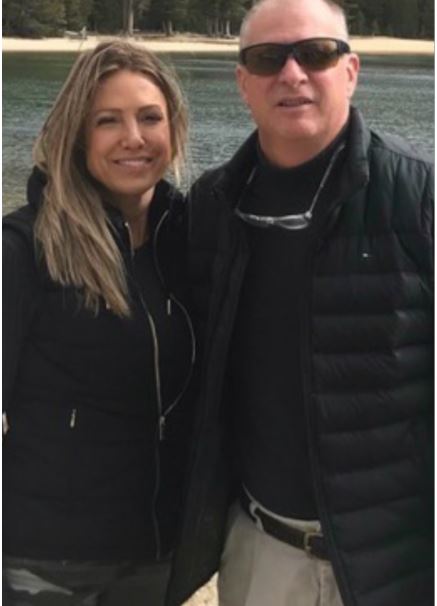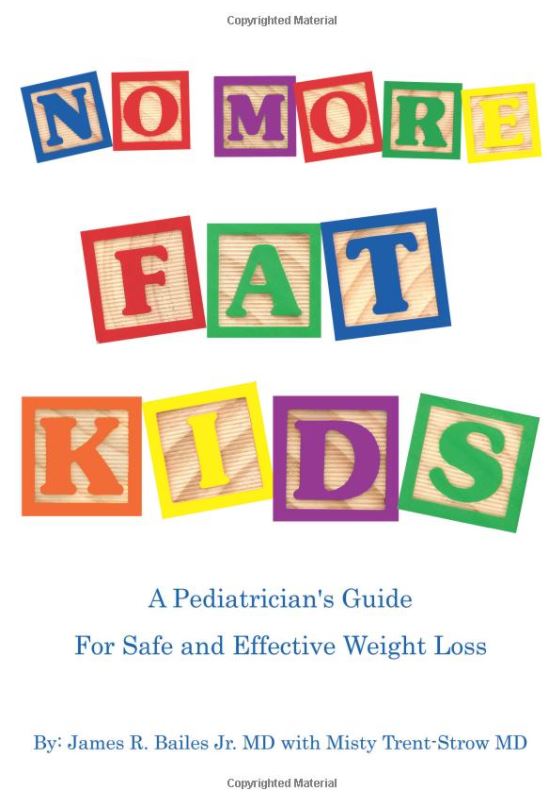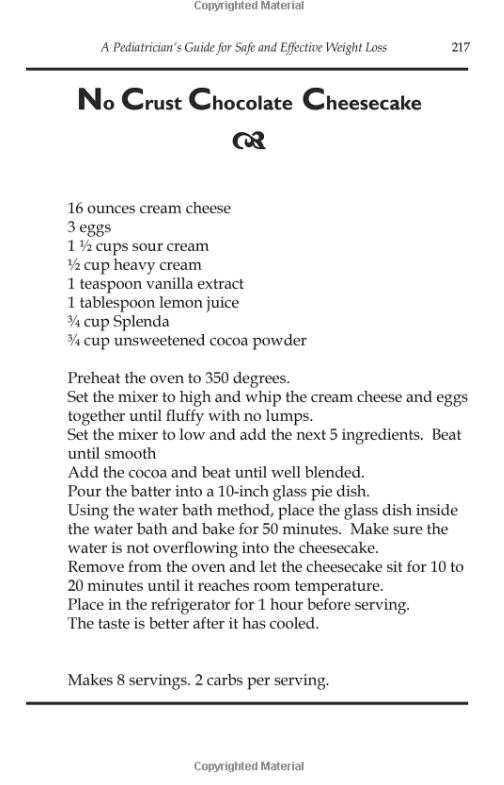It is a privilege to interview Dr. James (Jamie) Bailes who is legendary in our state of West Virginia relentless in his fight for scientific education and policy surrounding pediatric obesity while at the same time treating 100s of children in the most obese state in the nation. Jamie has been using low carb for obesity and diabetes in children for 20 years.
Jamie practices in Huntington WV which was once declared the most obese city in the county and is now improving and was the topic of Jamie Oliver’s controversial documentary in 2010. Here is Jamie Oliver’s TED talk “Teach Every Child About Food”
Thank you Jamie for your time and passion!

Jamie give us a bit of your medical background ,training ,residency, etc.
As far as my background I grew up in Huntington West Virginia graduated from the University Of Virginia undergraduate school. Attended Marshall University School Of Medicine where I was president of alpha omega alpha. I went on to complete my residency training in general pediatrics at Ohio State University Nationwide Children’s Hospital in Columbus where I did a 3 year residency. I subsequently did a clinical fellowship in pediatric endocrinology also at Nationwide. I have been in practice now for 27 years focusing on general pediatrics and pediatric endocrinology.
Tell us how you first discovered low carbohydrate as a potential therapy for diabetes and/or obesity?
Prior to your discovery how did you approach diabetes and obesity in children and adults?
As far as how I first discovered carbohydrate restrictions and how I approached children before I discovered this… as a pediatrician and pediatric endocrinologist I would frequently see children who were overweight. I prescribed a typical low fat diet with emphasis on whole grains, fruits and vegetables and increasing exercise as is recommended by the American Academy of Pediatrics. My goal at the time was usually just to allow kids to grow taller and not gain weight. At the time one of our pediatric residents did a research project and he looked at 75 patients that I had seen and placed on the standard low fat calorie restricted diet. What he found surprised me. Not one of my patients lost any weight and most gained at the same rate as before and some gained weight even faster. I was stunned. Of course I blamed my patients for not following through with my recommendations. This project however change my life and the lives of many other patients. At the time I was also working with a 3rd year medical student who asked me about the Atkins diet. I really was not familiar with it but he stated that he just did it for 5 days a week and had lost 40 pounds. I purchased Doctor Atkins book and I also found a book called Protein Power by Dr Michael Eades. These books seemed to make a lot of sense. They both pointed to the hormone insulin which triggers fat storage and is stimulated by sugar intake and not fat intake. I reviewed the literature and there were very little studies at the time and no studies in children. In good conscience I could not continue to recommend the standard low fat diet. I knew what I was doing was not working so I decided to go out on a limb and recommend carbohydrate restrictions. The results were what convinced me.
When you first suggested to patients a low carbohydrate approach how was this accepted by patients and your colleagues at the time?
When I first started this as part of my practice I received a lot of push back both from the patients and also referring physicians. As you know this was completely opposite of the standard recommendations. However, many of these patients had already tried eating more fruits and vegetables and cutting back on their fat intake and had seen little success. It didn’t take too much effort to convince them to give this a try . What I found was once they actually committed to carbohydrate restrictions they saw great results and consistently told me that they felt much better had more energy and were much less hungry.
What were your early resources in reading and learning?
In clinical medicine it is said “everything we learn, we learn from our patients”. How has this applied in your practice of endocrinology and pediatrics?
I did not have a lot of resources for reading and learning about carbohydrate restrictions when I initially started these recommendations back in the year 2000. I wanted to make this dietary approach easy to follow and reproducible in a general pediatric office with a 15 to 20 minute office visit. I made a few simple modifications to Doctor Atkins approach. Initially limiting carbs to under 30 g daily and basically learned from my patients how this worked in their lives. My patients have provided me with many tips regarding recipes and snack foods that I pass along as well as many resources that they use in tracking carbohydrates. I have learned from my patients that many will lose weight even if they keep their total carbohydrates to under 60 grams daily. I have also learned from a few of my patients that you can treat type 2 diabetes many times with just carbohydrate restrictions without medication. They have also allowed me to share many of their own success stories which certainly motivates other children in similar circumstances.
What have been the biggest flaws in your opinion in public policy and medical programs/ guidelines?
Do you think we are making any progress or going in the wrong direction?
What things do you think need to change in medical education, clinical practice, and policy to reverse the current trends in diabetes and obesity?
As far as flaws in public policy and medical guidelines, by far the number one most important critical guideline that is in error are the US Dietary Guidelines Food Pyramid recommendations restricting fat intake and recommending 55 to 60% of our diet to be carbohydrate . In my opinion this has directly led to the dramatic increase in type 2 diabetes, obesity, and childhood obesity that we are seeing across the country and especially in West Virginia over the last 30 years. Unfortunately the dietary guidelines control everything that kids are eating in school and after school day care programs. Despite the tremendous push back that we are seeing from organizations such as the Nutrition Coalition and many other agencies the USDG committee refuses to look at the science stating that these guidelines are for “healthy” individuals. We are making a lot of ‘noise’ in this arena but seeing very little actual progress. Many physicians are unwilling or afraid to contradict the US Dietary Guidelines or the American Academy of Pediatrics recommendations on healthy eating thus continuing these errant policies. I know many physicians are frustrated with dealing with overweight individuals as I was the first 5 years of my practice. This often stems from a lack of proper education from the physician standpoint. Currently almost all medical schools continue to teach the US Dietary Guidelines low fat recommendations. Many cardiologists continue to preach this , many family physicians as you know continue to preach this. It is my opinion that this improper education is the driving force behind the obesity/type 2 diabetes epidemic.
What are the issues specific to West Virginia which set us up for disease?
West Virginians are particularly susceptible to these flawed policies As we have some of the highest rates of obesity and type 2 diabetes in the nation. Unfortunately because of the lower socio economic status of our state many of these children are relying on meals from school or after school daycare programs which are mainly high carbohydrate junk foods.
What inspired you to write the book No More Fat Kids: A Pediatricians Guide for Safe and Effective Weight Loss? Any new insights since this publication over 10 years ago?
What makes you wake up and want to go to work every day?
I wrote a book about 15 years ago To help children lose weight and was inspired to write this because there were no other books targeted for weight loss in children. All of the weight loss books at the time were geared for adults and I was seeing this tremendous increase in childhood obesity. Many parents were approaching me and asking for help. I was hoping to get the word out that carbohydrate restrictions in children are safe and an effective means to help children lose weight. From my standpoint my approach has been very similar since I wrote the book but there are now hundreds and hundreds of studies that support this approach in the literature. We Recently completed a retrospective review of 3 or 400 patients that I had seen and placed on carbohydrate restrictions and are in the process of getting this published at the same time we did a short small prospective study looking at markers of inflammation with carbohydrate restrictions and also saw some tremendous results.
(note for some of databases of studies scroll to end)
What kind of practice do you have now?
I currently have a combination practice of 50% general pediatrics and 50% pediatric endocrinology which I care for almost 500 children with type 1 diabetes. I have been able to translate carbohydrate restrictions in my general pediatric practice by encouraging parents at a young age to limit sugar intake in children. I have also been able to translate into my practice for type 1 diabetes as certainly carbohydrate restrictions help improve blood sugars.
Before you retire from medicine what would you like to see become reality?
As a pediatrician we are wired to help children live healthier lives and prevent on going medical diseases. I would love to see the US Dietary Guidelines make significant changes by recommending a diet with less than 40% carbohydrates and increasing fat intake. This is actually more of a true ‘balanced diet ‘and would hopefully prevent thousands of cases of type 2 diabetes from developing in the future.

……………………………..
Link to preview of Jamies 2006 book with a couple dozen recipes! (click “Look Inside”)
Below are a few holiday samples- enjoy!
……………………………..
On-line libraries of low carb studies
Diet Dr https://www.dietdoctor.com/low-carb/science
200 references on low carb 1797-2019
https://www.neslazeno.cz/references/
Virta list of research
https://blog.virtahealth.com/low-carb-research-comprehensive-list/
Low Carb Action list of research
https://lowcarbaction.org/low-carb-studies-list/






